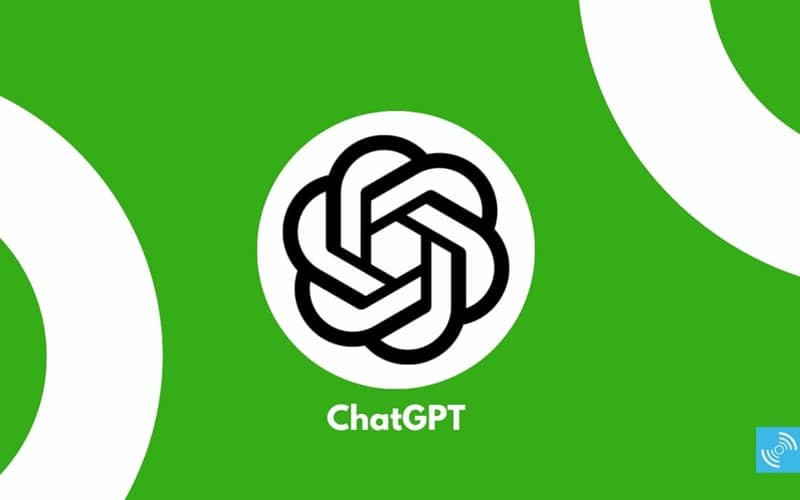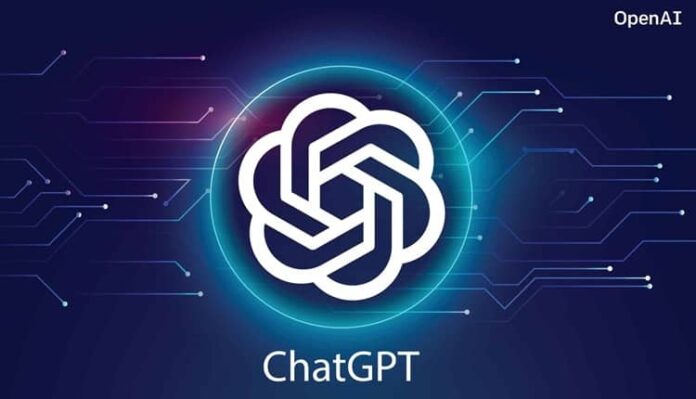OpenAI‘s ChatGPT, the widely used AI chatbot, has undergone a significant update: users can now access it without the need to create an account. This development marks a notable shift in accessibility, making AI more readily available to curious users. While the update promises greater convenience, it also comes with certain limitations that users should be aware of before diving in. In this article, we shall discuss more on ChatGPT update and its limitations.
Table of Contents
ChatGPT update and its limitations:
OpenAI, in a recent blog post, announced its intention to allow access to AI by removing the requirement for users to create an account to use ChatGPT. This means that anyone can now visit the ChatGPT website and immediately start interacting with the AI chatbot without the need for registration. The move is aimed at lowering barriers to entry and making AI technology more accessible to a broader audience.
However, the decision to allow access without an account does come with some trade-offs. Users who opt not to create an account will not be able to save or share their chat conversations with ChatGPT. Additionally, features such as voice conversations will not be available for users accessing the platform without an account. It’s worth noting that there will also be slightly more restrictive content policies for users without accounts. Therefore, while the option for instant access is convenient, users who rely on ChatGPT frequently or require advanced features may still benefit from creating an account.

Despite these limitations, the move is a significant step forward in expanding the reach of AI technology. ChatGPT has become immensely popular globally, with over 100 million individuals from 185 countries reportedly using it on a weekly basis. By removing the need for account creation, OpenAI hopes to further accelerate the adoption of AI technology and empower users to explore its capabilities more freely.
- Also, check out these featured articles,
What are your thoughts on ChatGPT update and its limitations? Let us know in the comments.







